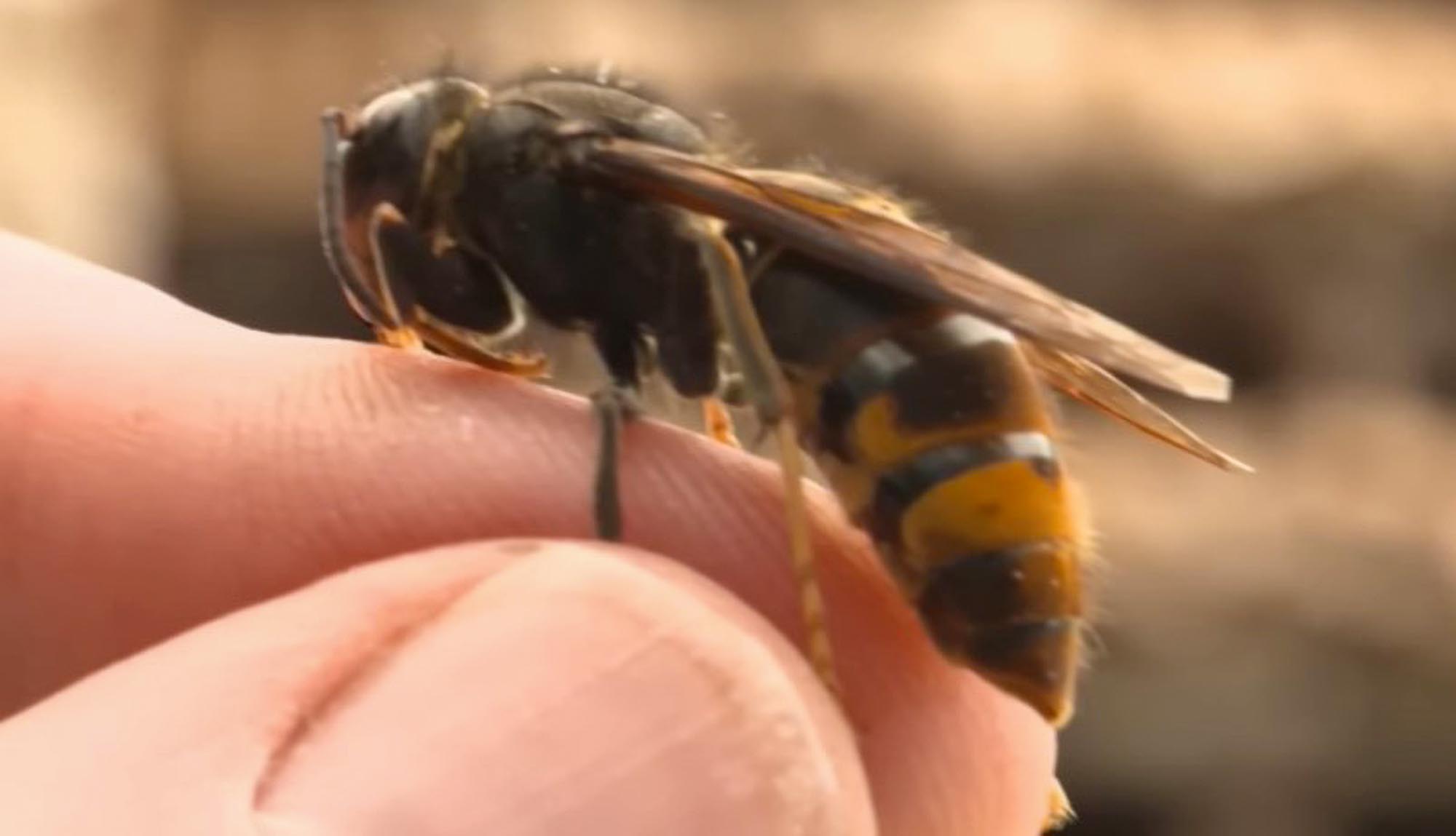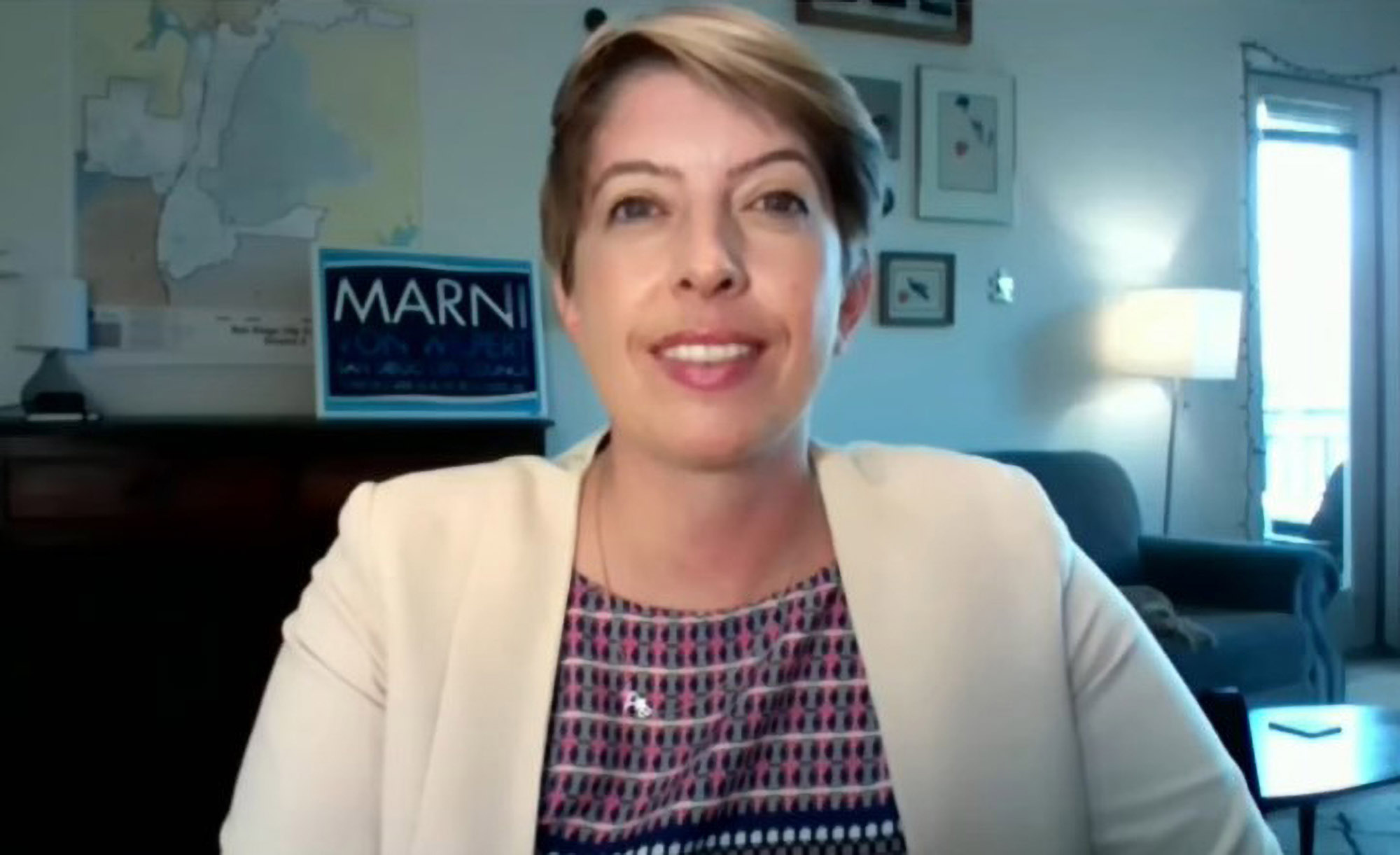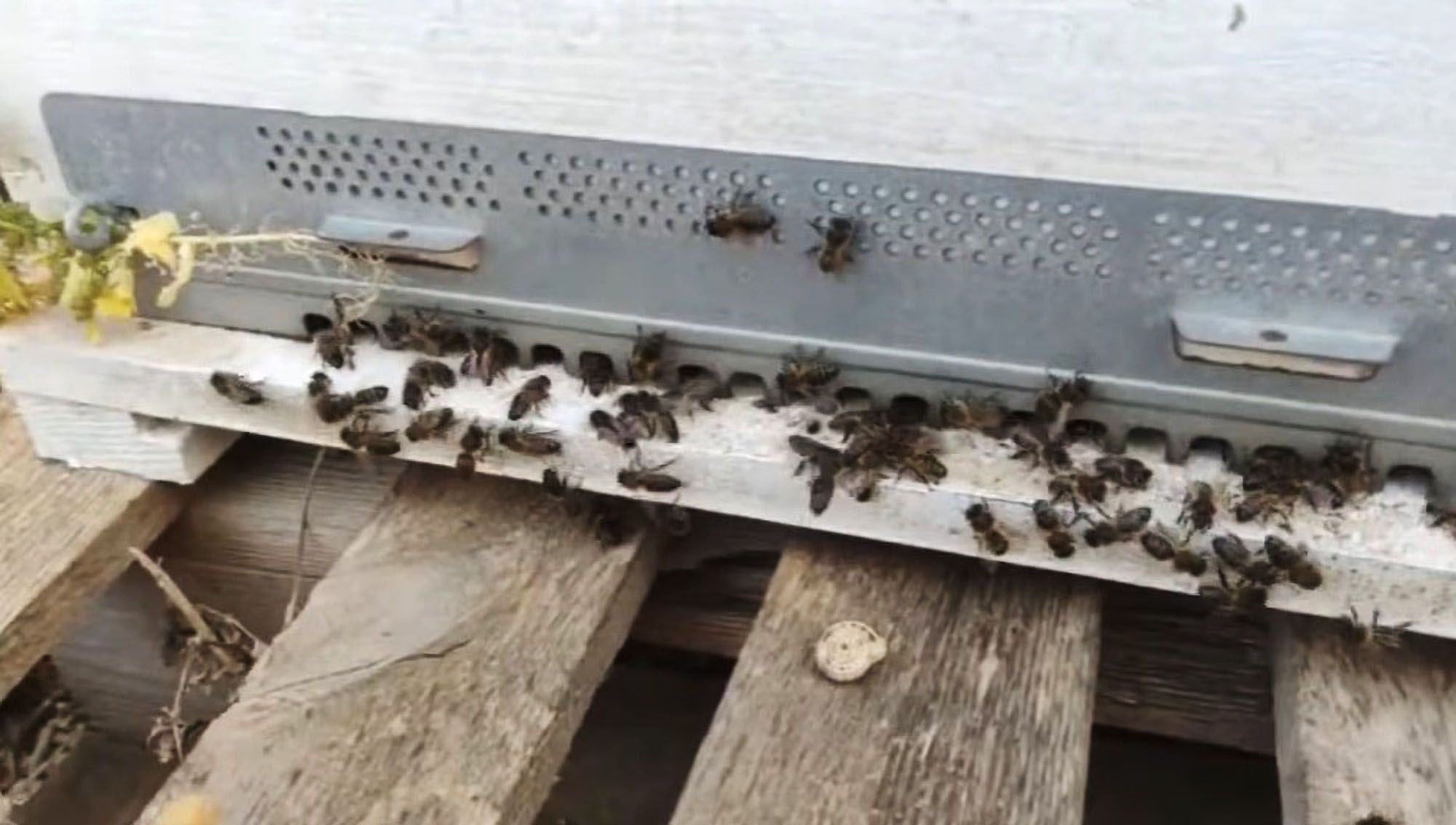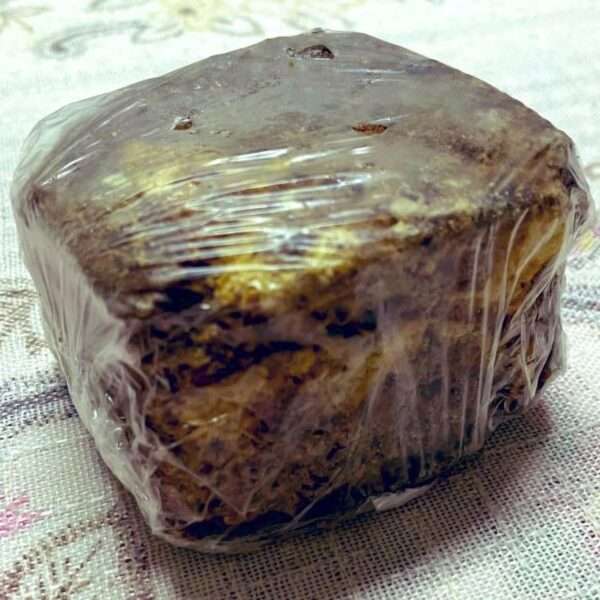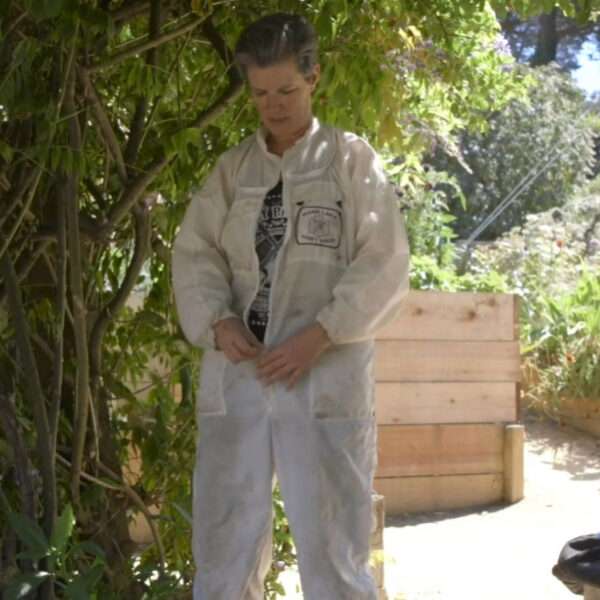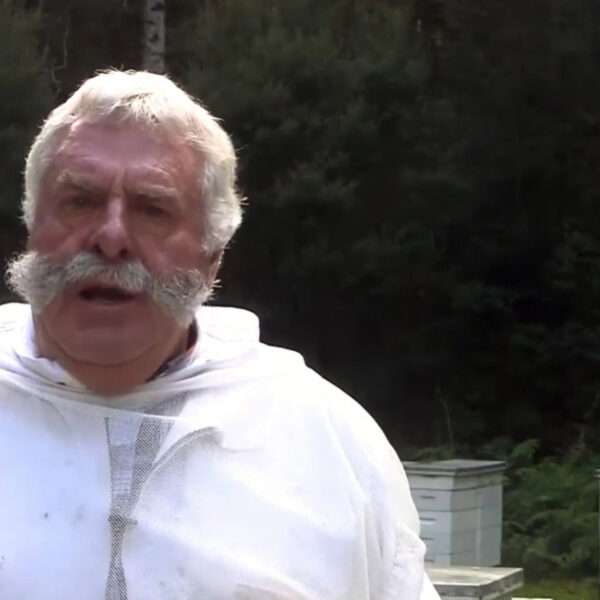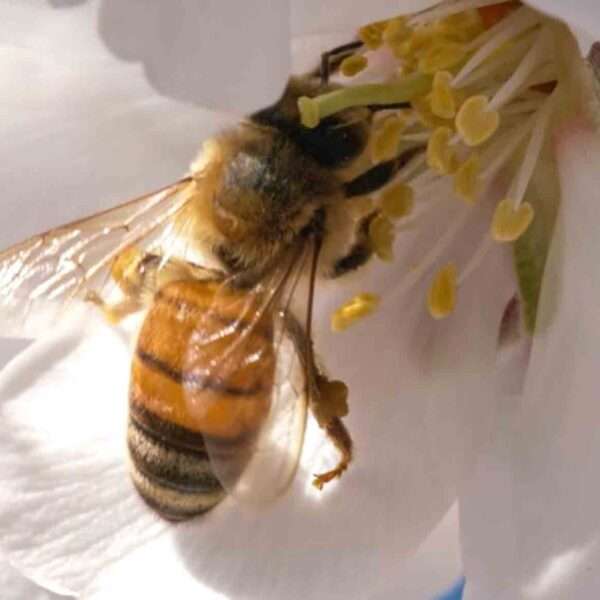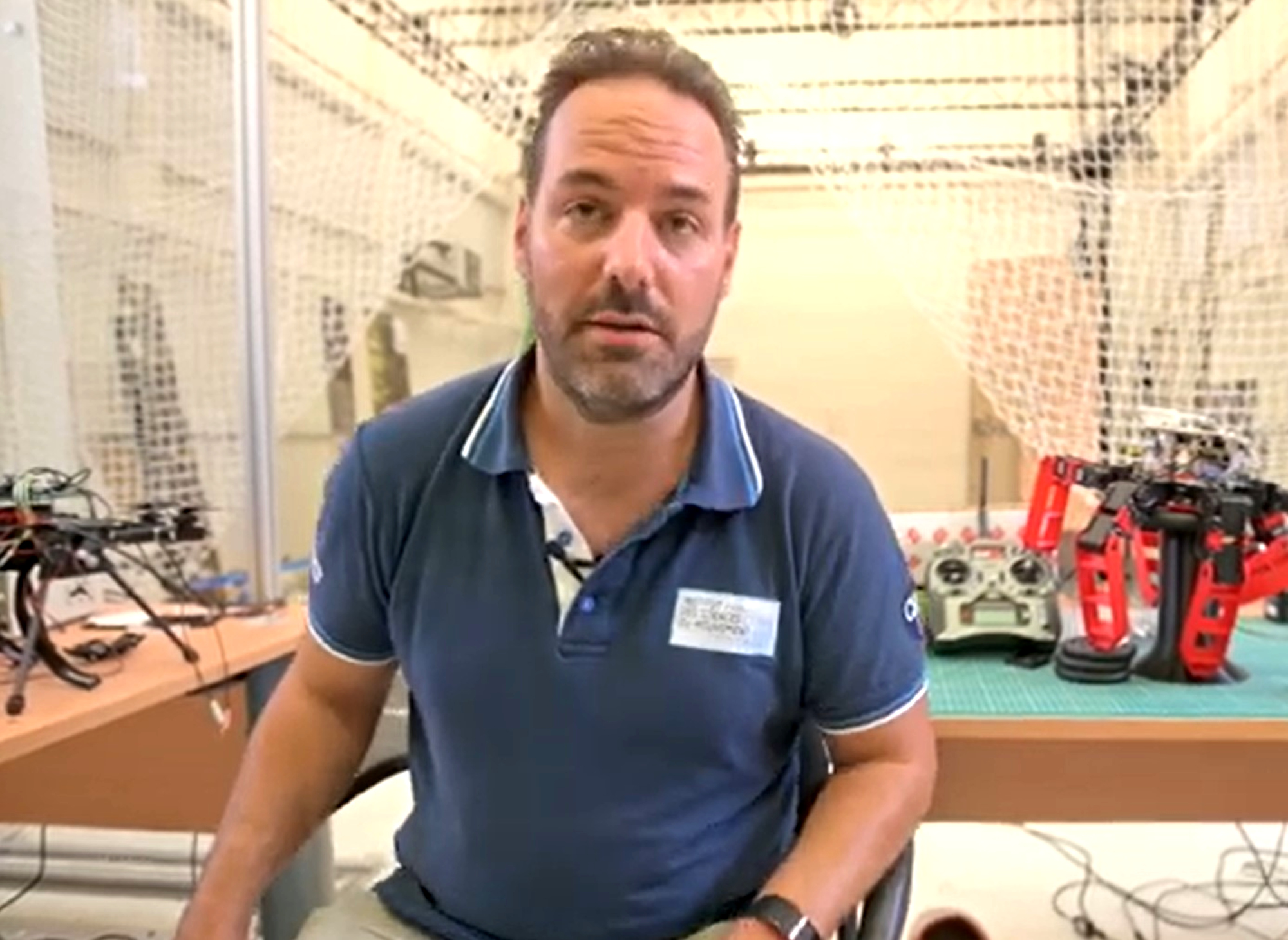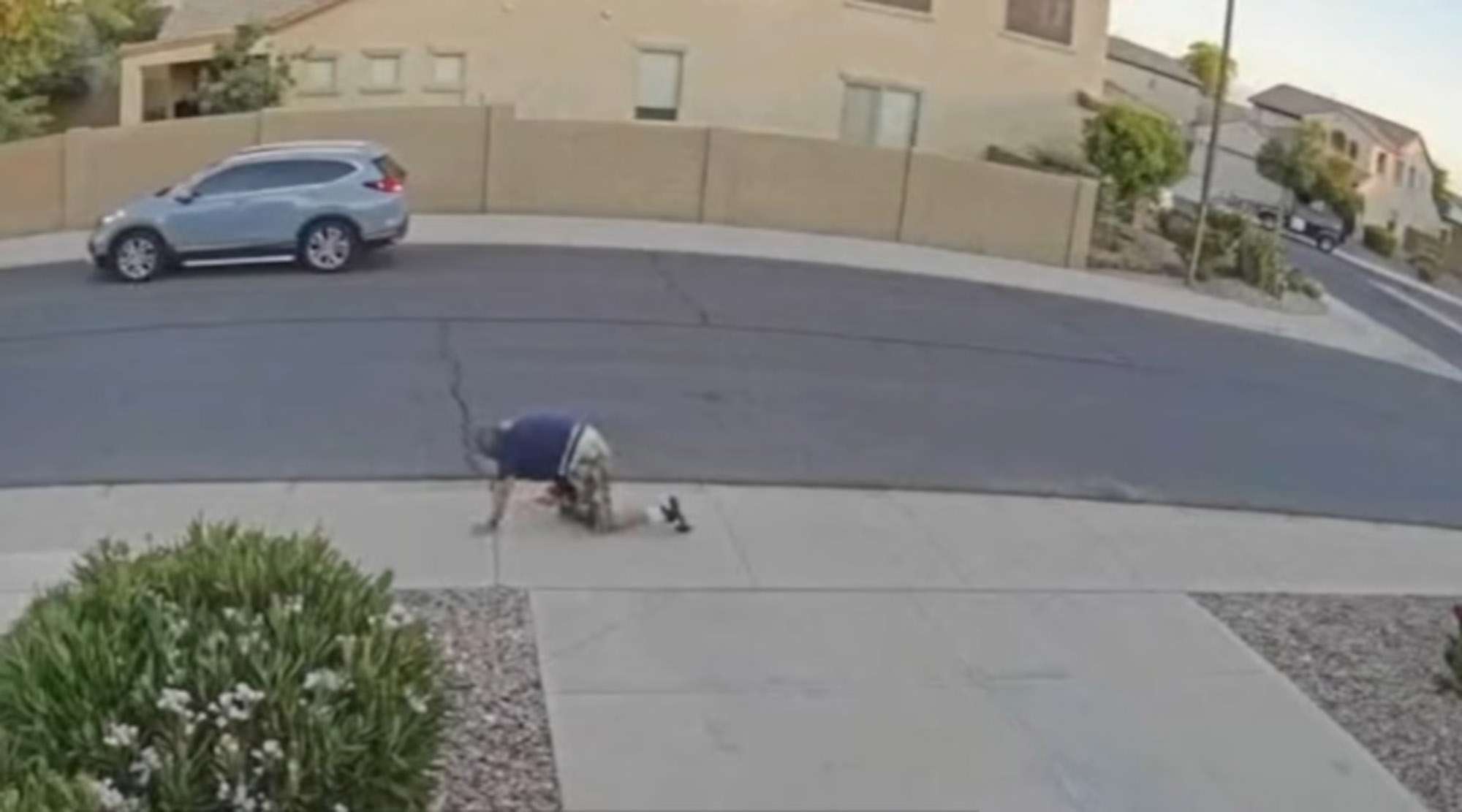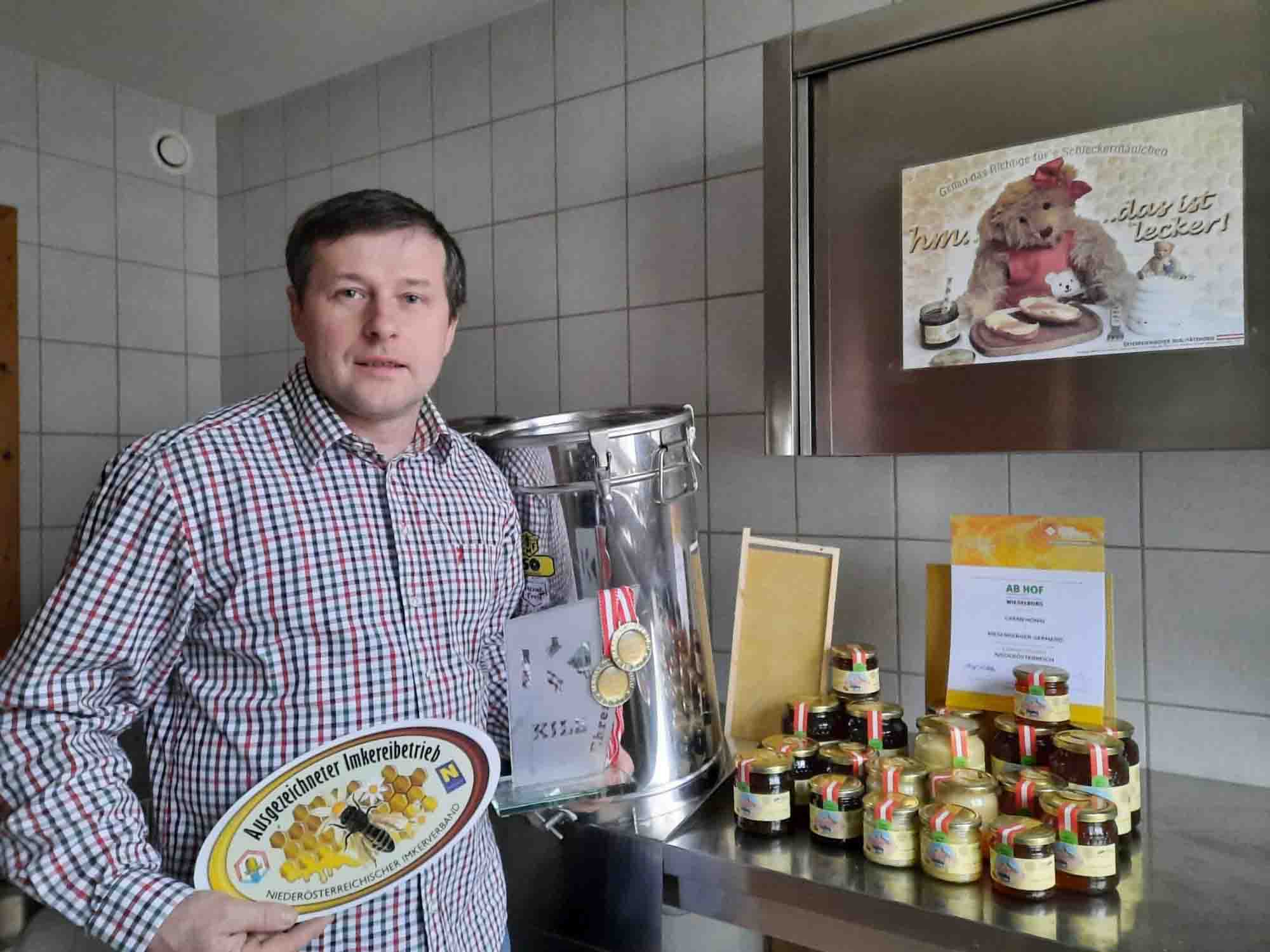Eradicating the Asian hornet in Germany is “highly unlikely”, an expert on apiculture has warned.
Beekeepers all over Germany have voiced their concerns about the intensified proliferation of the invasive species which attacks, kills and eats honeybees.
Now Dr Christoph Otten, who heads the Centre for Bees and Beekeeping in Mayen, Rhineland-Palatinate, dismissed hopes that getting rid of the notorious insect was still a viable task.
Arguing in favour of a pragmatic approach, Dr Otten said: “It is highly unlikely that we will accomplish obliterating the Vespa velutina in Germany.”
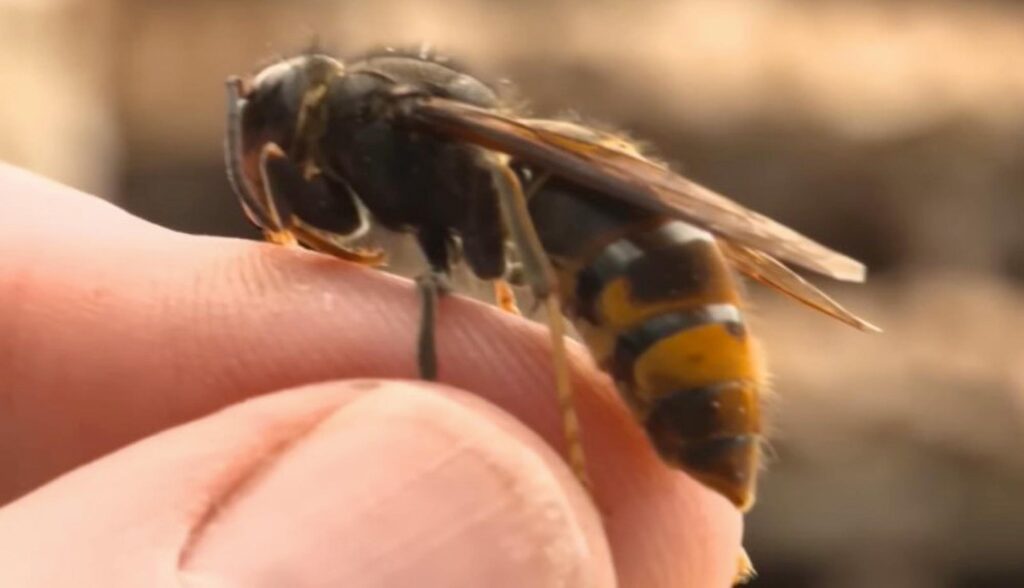
Speaking on the back of a significant increase in sightings in the western state of North Rhine-Westphalia, Dr Otten said: “If there’s a hornet at the entrance of the hive, the bees stay inside to protect themselves.”
Cologne Union of Beekeepers chief Matthias Roth recently suggested: “We must destroy as many Asian hornets as possible.”
Matthias admitted extinguishing the predatory insect was impossible. But he claimed: “It’s possible to reduce their number.”
Dr Otten warned from being overly optimistic. He said: “The problem will get worse.”
Asian hornet nests can be found in treetops but also in bushes and abandoned buildings.
Experts think that the insect also known as Vespa velutina (Vespa velutina nigrithorax) made its way to Europe in cargo coming from China in 2004.
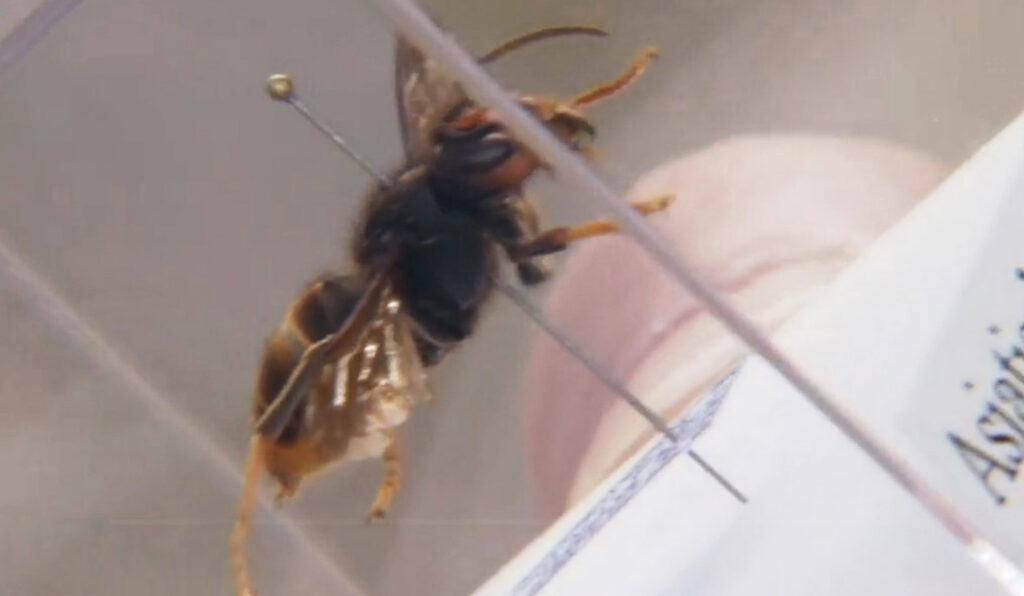
The Asian hornet is regarded as an invasive species by the European Union’s nature regulations. Therefore, residents of the EU-27 are not allowed to keep, breed and sell the insect.

